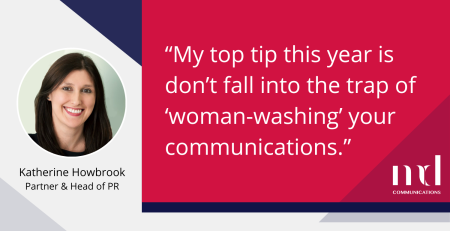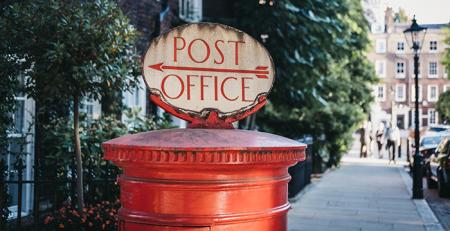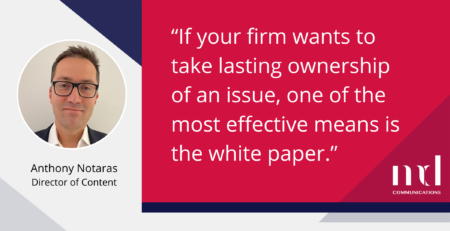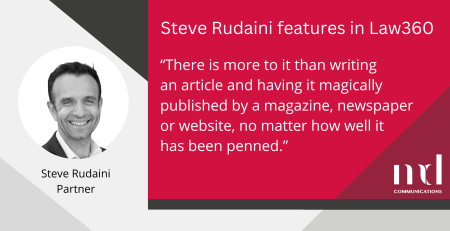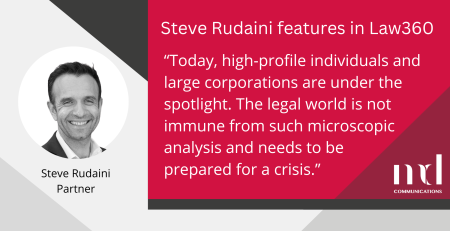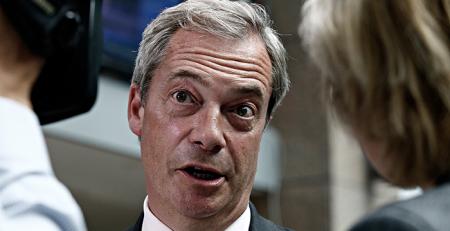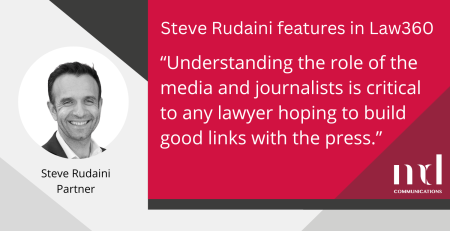The tragic incident at Alton Towers earlier this month has been all over the news. The crash on the park’s Smiler ride left 16 people injured, four very seriously, and immediately hit the headlines for all the wrong reasons. Luckily no one died during the incident, however, it was still potentially a PR disaster for an organisation that makes its living from providing risk free thrills that should be trusted for all the family. This was particularly the case given the wide ranging speculation that the accident was the result of a combination of human and mechanical error.
The park’s parent company Merlin saw its value drop by £200million in the aftermath of the incident and there were talks that the Smiler ride could be stripped of its Guinness World Record for having the most loops in the world.
Reputation wise , it could have been a complete disaster for Alton Towers – with almost all the components of a worst case scenario. To date we have not seen the kind of public backlash that you might expect from a situation such as this. In fact we have even seen sympathy turn towards Alton Towers following an interview between Sky News presenter Kay Burley and Nick Varney, chief executive of Merlin Entertainment. During the interview, Burley pressed Varney to reveal whether one of the victims had lost a leg and when Varney tried to deal with the question sensitively, Burley simply said “I’m sure they are not interested in your sympathy at this stage. They went to have a fantastic day and they have potentially lost a limb – you won’t tell us if they have or not.” The interview generated more than a thousand complaints to Ofcom – about Burley.
The interview is a good illustration of why this situation hasn’t turned out much worse for Alton Towers and Merlin – key to it all has been the fact that the public response has been at all times sensitive and straightforward. They never made the most basic mistake of attempting to shift the blame or avoid responsibility, something that anyone in PR knows is the fastest way to generate public hostility. In fact, the organisation immediately accepted culpability for what had happened, instantly cutting off articles in the press focusing on frustrated victims being ignored by the big corporates – there was no David and Goliath moment for the public to get behind.
The organisation respectfully kept, not just the ride, but the entire park closed for an entire six days, which showed a commitment to finding out what had happened and a respect for the victims. There was also the element of the profits that the business would have lost during that time – while there will most likely be private compensation claims, this was more of a public reckoning, demonstrating an almost self imposed penalty. No matter how much they lost in pounds, that move would have gained an enormous amount of corrective publicity – imagine if they had simply reopened the park the next day as if nothing had happened.
So, although there are many investigations, claims and apologies to go through for Merlin and Alton Towers their situation is one that illustrates perfectly the three cardinal rules during a potential PR disaster: accept culpability, be humble and act straight away. You can’t avoid an incident like this but you can control the response.
A recent, and glaring example of what happens when you don’t do any of this involves the Thomas Cook case, where the travel company found itself at the centre of a media storm after it claimed a pay out from a hotel in Corfu where two children tragically died in 2006. Robert and Christianne Shepherd died from fumes leaked by a faulty boiler at the Louis Corcyra beach hotel, their father had booked the holiday through Thomas Cook.
One of the immediate fallouts of the poor handling of this was the company losing its valuable advertising deal with parenting website Mumsnet, who cut ties with the firm soon after the story broke. Mumsnet CEO Justine Roberts said that: ‘Mumsnet users – understandably – felt that we should stop promotional activity for Thomas Cook on the site, given the details that emerged during the inquest, so we took the decision to pull the campaign. Thomas Cook also wanted to call a halt to things, as they were getting lots of criticism on the site.”
Even though the courts cleared the company of all responsibility for the tragedy and even paid them £3.5m in damages, the handling of the PR overall was abysmal and a later donation to a children’s charity was too little, too late. An inquest in May this year found the tour operator breached its duty of care over the deaths, but still the family received no apology – that’s nine years without any acknowledgement from Thomas Cook.
The firm had marked their cards early on by being overly cautious, secretive, defensive and slow to act. They have paid the price and may continue to do so with the extreme reputational damage caused from this case.
Two big firms, two tragic events. But a very telling example of how the outcome can be so different with some well handled public relations.



